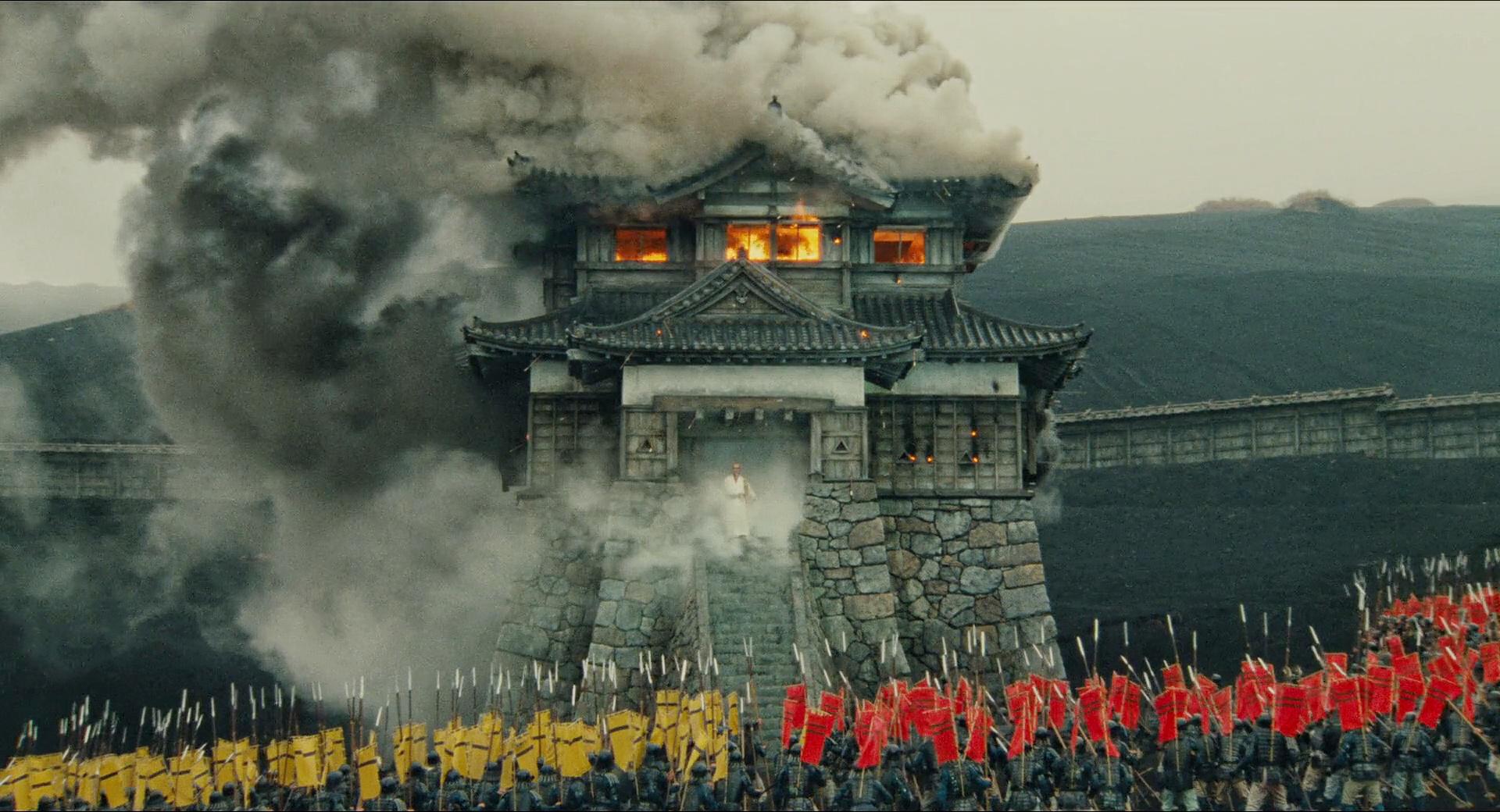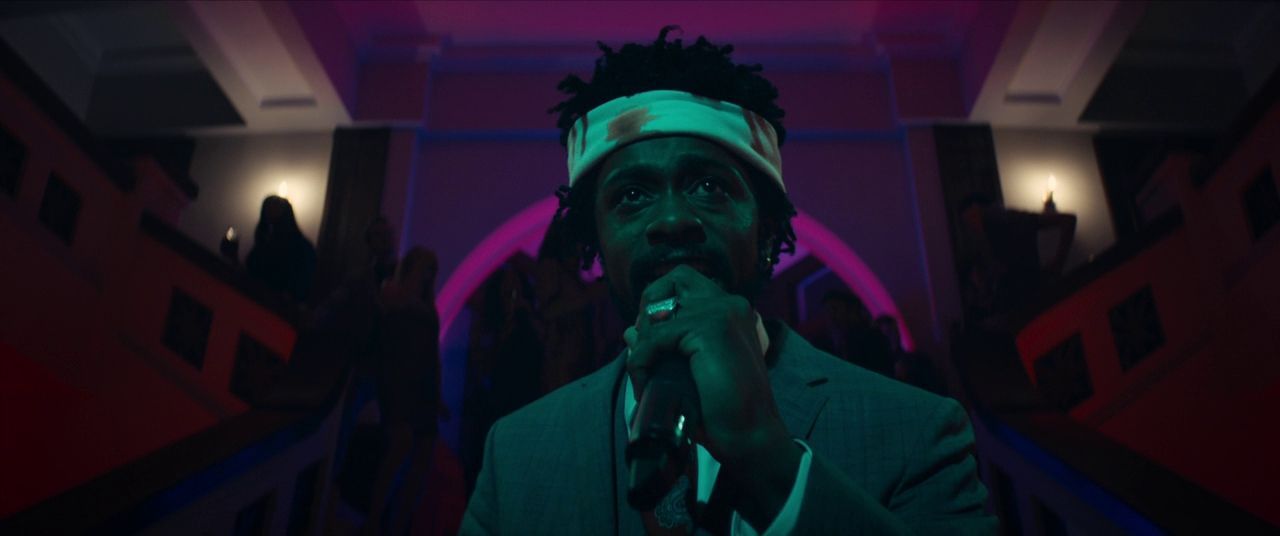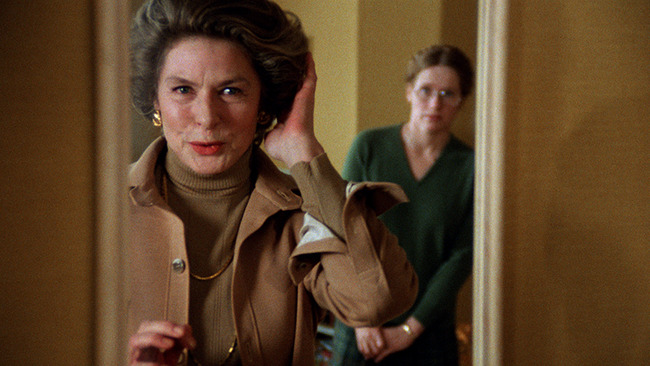
Sometimes you can watch a film that has received mixed responses and be completely in understanding of why someone might not enjoy it yet fall absolutely in love with what it delivers. After all, that is the beauty of cinema and any other art form. It’s purely subjective and what one may find terrible, another will adore. If anything, that’s why I’ve always loved cinema, more than even music or literature.
Anyway, moving on to Verbinski’s film. Please don’t think I’m labelling this as a masterpiece, but I consider A Cure For Wellness to be a fascinating film in so many ways. I love the way it has a thematic relationship with the work of HP Lovecraft, how it absorbs the illness of the mind through something like Scorsese’s Shutter Island and how it engulfs all ideas into a film which bears familiarity with Guillermo del Toro through its adoration of Old Hollywood.
People will consider its reliance upon atmosphere, mood, style to directly impact its inner workings, but I don’t necessarily regard Verbinski’s film as hollow or silent in what its saying. Instead, it chooses atmosphere as its primary voice and the way A Cure For Wellness paints so many beautiful images upon its serene landscape setting makes its impact hit me just that bit harder.
Running back to my point about this being an obvious HP Lovecraft riff, Dane DeHaan makes for an excellent representation of illness, insanity and trauma. You can even throw a comparison between DeHaan and Sam Neill from Carpenter’s In The Mouth of Madness which is an equally unsettling Lovecraftian work, but I’ll save that for my next viewing.
84/100








